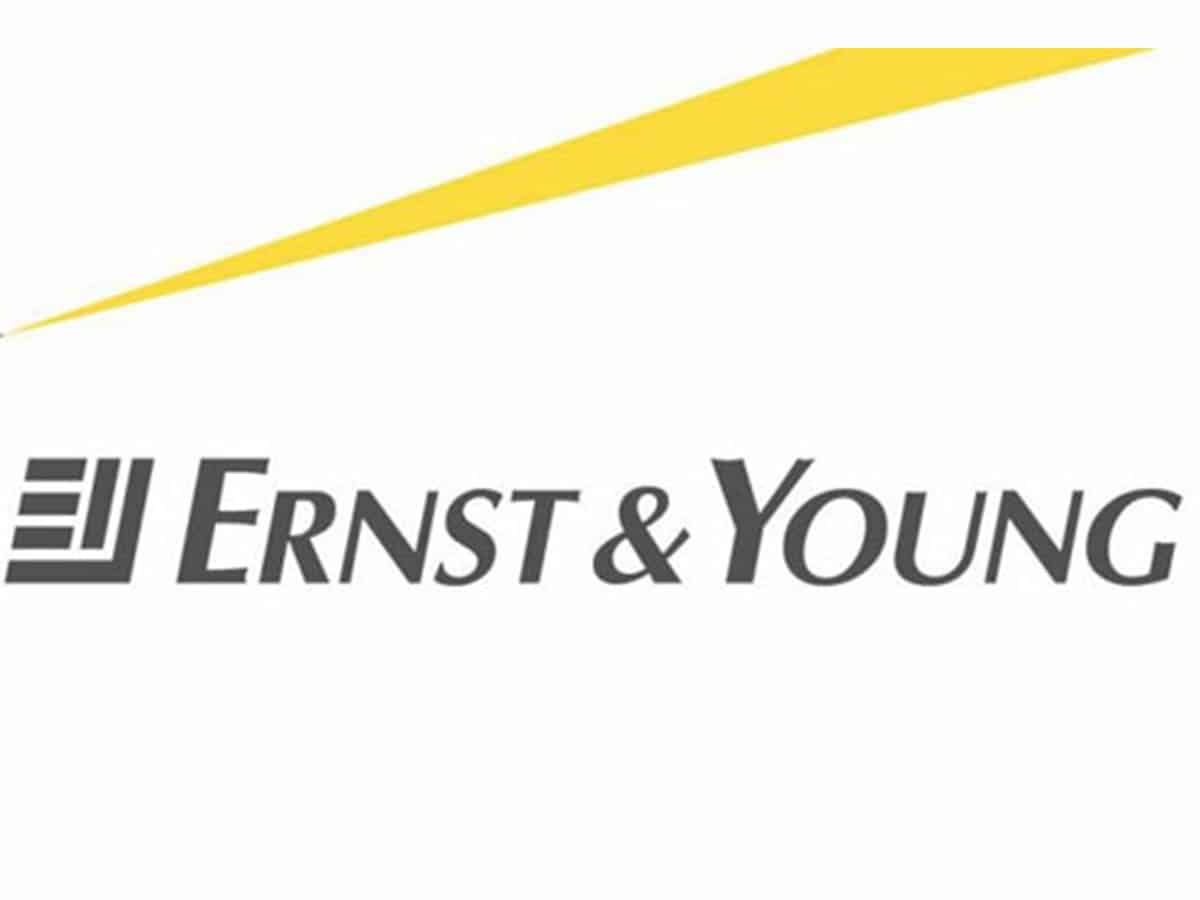New Delhi: It’s time for a more scientific and analytical approach, as physicist Marie Curie said: “Nothing in life is to be feared, it is only to be understood. Now is the time to understand more, so that we may fear less.”
The spread of pandemic is resulting in unpredictable and unanticipated impacts across the globe. Running the world financially right from the small scale business to that of bigger MNC’s all of them are resulting in financial destruction.

“As history exhibits, there is going to be a complete change of the pattern both in personal lifestyle and also the professional life of the individuals. The companies and its CEO will have to tighten the seat belts and plan in a completely different format. The format which might help to balance the disturbed employees and the companies’ productivity.” says Dhirendra Singh, vice president Associate Vice President of Ernst & Young, (EY), LLP, Bangladesh.
The pandemic and its post impacts have been resulting in two questions:
What will be the ‘new normal’ in the wake of this crisis?
How should CEOs and boards plan and prepare for the post-coronavirus world, while responding to the immediate crisis?
Addressing the two questions Dhirendra Singh said,
“They are seven mechanism that can fix the two questions and bring back things to normal
They are: stabilisation of supply chain, crisis management, customer engagement, workforce protection, financial stress testing and liquidity, tax and trade and regulation, strategy and branding, and lastly, nerve centre integration.”
“There are ways to tackle the pandemic, and if a few mechanisms could be followed instead of worrying, the results will be more fruitful. Just like humorist Erma Bombeck says, “Worry is like a rocking chair: It gives you something to do but never gets you anywhere.” he added.
He also urged that for all the business and companies, one top precedent should be to protect employees. The companies can start executing plans consistent with their own guidelines and also in a bid to support employees.
Some of the more interesting and effective tools include providing clear, simple language to local managers on dealing with Covid-19. Moreover, Communication between employees and employers needs to be clearly determined to ensure no one feels unsafe.
A few things must be essentially taken care of which are: employees’ health, welfare, and ability to perform their roles; financial stress-testing and development of a contingency plan; supply-chain monitoring, rapid response, and long-term resiliency; marketing and sales responses to demand shocks; and coordination and communication with relevant constituencies.
Businesses need to define scenarios tailored to the company’s context. Companies should model their financial statements in each scenario and identify triggers that might significantly impair liquidity. For each such trigger, companies should define moves to stabilise the organisation in each scenario.
To stabilise supply chain channels, companies need to define the extent and likely duration of their supply-chain exposure to areas that are experiencing community transmission.
They also need to consider rationing critical parts, pre-booking, using after-sales stock as a bridge until production restarts, gaining higher priority from their suppliers, and, of course, supporting supplier restarts. Companies should start planning how to manage supply for products that may, as supply comes back online, see unusual spikes in demand due to hoarding.
Stay close to your customers. Companies that navigate disruptions better often succeed because they invest in their core customer pool and anticipate their behaviours. In China, for example, consumer demand down does not mean it has disappeared; people have dramatically shifted toward online shopping for almost all types of goods. Companies should invest in online distribution.
Companies can use tabletop simulations to define and verify their activation protocols for different phases of response.
“My father always said that people know all business people as entrepreneurs but we should call them country developers.” VP Ernst and Young concluded.

